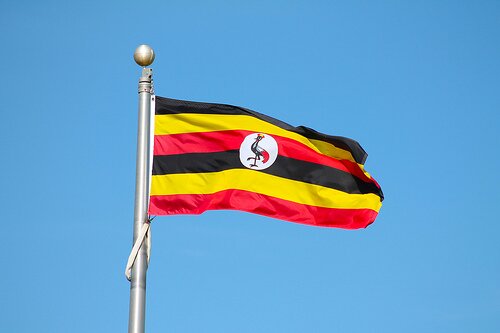
CC image coutersy of markwinnipeg on Flickr
The Collaboration on International ICT Policy in East and Southern Africa (CIPESA) has faulted new laws in Uganda touching internet and mobile usage as well as freedom of journalists, saying they create a hostile environment for civil society, opposition and media.
In a policy briefing released by the lobby group, it said the offending laws include the Anti-pornography Act 2014, which seeks to regulate how pornography is produced and consumed in the country and explicitly states: “A person shall not produce, traffic in, publish, broadcast, procure, import, export, sell or abet any pornography”.
This according to the group curtails the right of adult users to access information and the right to conscience. The police is also allowed to search premises allegedly containing pornography.
Section 17 (1) of the same act stipulates that “internet service providers (ISPs) whose systems are used to upload or download pornography can be imprisoned for five years and fined US$4,000.”
The law said ISPs should install software to block access to porn by devices such as computers and mobile phones, but CIPESA said the law should only require service providers to detect and suppress child pornography, and that adults who consume adult pornography in private should not be affected.
“The description of ‘pornography’ in the act, as well as most debate around the act, which centered on dress styles, have seen a perception among the public that this law bans the wearing of mini skirts. This, according to women rights groups, prompted the stripping of 50 women by unruly individuals a few days after the president assented to the law,” CIPESA said.
It said filtering content amounts to violating the principle of net neutrality, and said instead ISPs should only be required to implement restrictions to these rights after judicial intervention so as not to infringe on internet users’ rights to freedom of expression and right to privacy.
The Public Order Management Act, which came into effect in October 2013, has also been faulted as it provides for the regulation of public meetings, spells out duties of organisers of meetings and responsibilities of the police in respect to public gatherings.
CIPESA said the act “provides no protection to the rights of the media, including bloggers, to access and report on assemblies”.
The group is also critical of the NGO Amendment Bill, which includes two laws passed in 2014 that specifically legislate on individuals’ and organisations’ actions in the online sphere.
“This appears to indicate that the Uganda government is increasingly moving its affronts on individual freedoms of expression into the internet and other digital mediums,” said CIPESA.
“These laws further restrict the space, both online and offline, in which civil society, the media and citizens can enjoy constitutionally granted rights to freedom of expression, opinion, assembly, and information.”

















